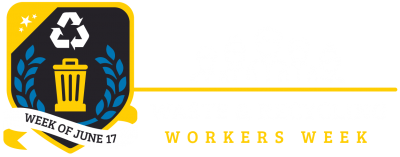They’re collecting them to send to a nonprofit group called Astronomers Without Borders, which plans to send them to schools in parts of Asia and South America so kids there can safely view upcoming solar eclipses in those areas.

University of Georgia students and Athens locals view the eclipse from UGA’s Sanford Stadium in Athens, Ga., on Monday, Aug. 21, 2017. 20,000 people showed up to Sanford Stadium to watch the eclipse. (Photo/Joshua L. Jones, Athens Banner-Herald)
A partial solar eclipse will move across parts of Asia and Alaska on Jan. 5 and 6, 2019, and a total solar eclipse will cross Chile and Argentina on July 2, 2019.
An annular eclipse will move through parts of the Middle East, India, Indonesia and New Guinea on Dec. 26. An annular eclipse occurs when the moon is too far from the earth to entirely cover the whole sun, leaving a circle of sun exposed at the outer edges.
People can donate their eclipse glasses at two locations: the Solid Waste Department office at 725 Hancock Industrial Way, or at the Center for Hard to Recycle Materials at 1005 College Ave.
For more information, contact the Solid Waste Department (706) 613-3501, or visit their website at http://bit.ly/2wWSw8Y.
The solid waste department announced it would collect glasses right after the U.S. total eclipse on Aug. 21, after administrative secretary Susan Lyon discovered online the Astronomers Without Borders drive and Suki Janssen, the department’s director, checked out the organization to make sure it was legitimate.
Glasses have been “trickling in,” but have now added up to several hundred, Janssen said.
Looking directly at the sun during a solar eclipse can damage eyes, except for the brief period when an eclipse is truly total.
Locals can also request glasses from the solid waste department if they’re planning on traveling to see the next U.S. solar eclipse, coming up in seven years.
Another total solar eclipse will traverse North America from Maine to Mexico on April 8, 2024.
According to NASA, certified glasses used in last week’s eclipse should be perfectly safe to use again in 2024 (or 2019) as long as they’re not scratched or punctured, but some manufacturers and organizations say they should be discarded after three years.
If you’ve got damaged glasses, the paper part can be recycled like any other paper, but the lenses should be removed first, Janssen said.
